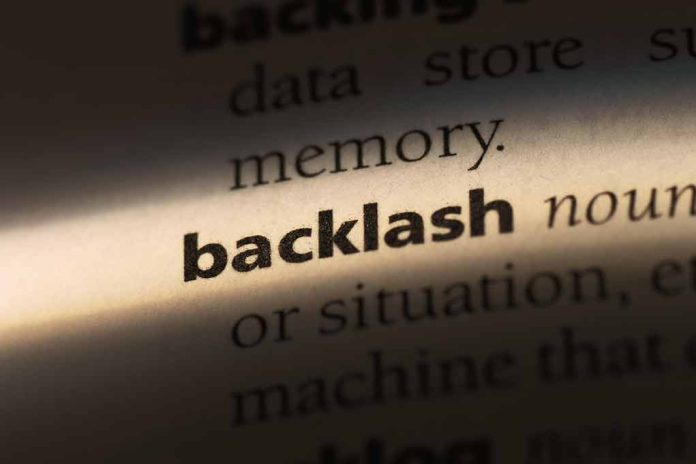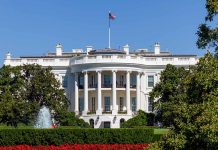
The Washington Post’s decision to remain neutral in endorsing a presidential candidate has led to a subscriber exodus, revealing deep divides in the expectations of media organizations.
At a Glance
- Washington Post chooses neutrality over endorsing a presidential candidate.
- Decision results in over 200,000 subscription cancellations.
- Internal resignations and criticism mark the fallout.
- Bezos defends decision against claims of bias.
Subscriber Fallout and Criticism
The Washington Post has faced a sharp backlash, losing over 200,000 subscribers after deciding not to endorse a presidential candidate. This decision, defended by Jeff Bezos, the owner of the Washington Post, has sparked considerable debate both internally and externally, and follows a trend among other major newspapers seeking to avoid alienating their politically divided readership. This marks a significant moment in modern media history as trust and voice in political discourse are reevaluated.
Bezos stated the non-endorsement decision is a stand against perceived bias, even with reported losses. Yet, many staff members such as columnists and editorial board members have resigned, highlighting internal conflict. Criticism from figures like former editor Martin Baron, who called it “disturbing spinelessness at an institution famed for courage,” shows how the decision stirred emotions and reactions among prominent voices.
An endorsement of Kamala Harris was drafted by Post staffers but had yet to be published, according to sources who spoke on the condition of anonymity.
The decision not to publish was made by The Post’s owner, Jeff Bezos, according to the same sources. https://t.co/WC9fovTcvB
— The Washington Post (@washingtonpost) October 25, 2024
Context and Pressure
The decision to remain neutral comes amid increasing scrutiny of media outlets in politically charged environments. Historically, newspapers have been partisan, but endorsement trends have changed. Only 54 of the largest newspapers endorsed a candidate in 2020, a drop from 92 in 2008. The Washington Post, with its non-endorsement, is treading uncharted waters.
Factions within the media community and the public have been vocal about the importance endorsements hold, especially when democratic values are perceived as threatened. Furthermore, former Washington Post reporters Bob Woodward and Carl Bernstein expressed dissatisfaction at the timing, stating it ignores alleged evidence of the threat posed by certain political figures.
Washington Post loses more than 200k subscriptions following non-endorsement, according to report https://t.co/pdNtGHdgyK
— Daily Bulletin (@ivdailybulletin) October 29, 2024
Impact on the Media Landscape
The Washington Post’s controversy opens a dialogue on journalistic independence under corporate ownership. With Bezos’s diverse business interests, such as Blue Origin’s government contracts, the objectivity and motivations behind editorial decisions face even greater scrutiny. Media integrity must be maintained despite potential conflicts of interest that arise from corporate leadership.
This situation parallels other news organizations like USA Today, choosing not to endorse a presidential candidate to focus instead on local issues. Such trends signal a shift in the role endorsements play in media, perhaps towards empowering readers to shape their own informed perspectives on national issues, though not without challenges.
Sources:
- Newspaper non-endorsements at Washington Post, LA Times fit a trend, but their readers aren’t happy
- Over 200,000 subscribers flee ‘Washington Post’ after Bezos blocks Harris endorsement
- Washington Post Hit With 200,000-Plus Subscriber Cancelations After Jeff Bezos Nixed Presidential Endorsement: Report
- ‘Washington Post’ columnists push back against non-endorsement decision
- Washington Post loses a reported 200K digital subscriptions, 3 editorial board members over endorsement veto
- Report: Washington Post loses more than 200,000 subscriptions following non-endorsement










